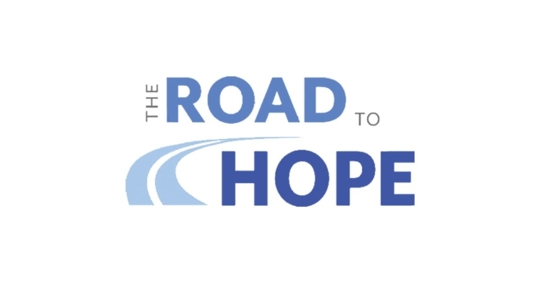Welcome to the Road Hope October blog post! For this month, I’d like to discuss two topics: the allocation of our earthquake relief funds and the recent development in the situation in Haiti. As a board, we have been discussing how to best allocate the funds we received from our donor base to ensure they go to local, trusted organizations or individuals that are working in the most affected areas. After careful consideration and many detailed conversations with our partner organizations, we have decided to use the money we received to support families most heavily impacted by the earthquake in Southern Haiti. This means they are experiencing earthquake-related injuries or illnesses, destruction to their houses, schools, or other public infrastructure, loss of a job and likely a combination of all three.
Our trusted partner for over five years, Pere Alphonse, directed us to Pere Fred who is a priest of the St. Paul parish located in Cayes, one of the towns most heavily hit by the earthquake. Pere Fred has provided a list of families that have been highly affected by the earthquake who will receive funds to help repair their houses, pay for healthcare, purchase food, and afford schooling for their children. Pere Fred will be providing reports and photographs that we will share with you all as we receive them to demonstrate our commitment to spending your generous donations with the utmost care and consideration.
Now onto the second topic. As I write this, Haiti is essentially in a country-wide shutdown. Since the assassination of President Moise this July, the government has gone from weak to essentially nonexistent. Now, in Port-au-Prince and roads across the country, several gangs have uncontested control. They are using roadblocks and violence to rob, kidnap, and kill Haitians at unprecedented rates. Although there is very little news coverage on this crisis, I was able to find a few details about the situation from an Al Jazeera article. The recent kidnappings of 18 US and Canadian missionaries was by 400 Mawozo. However, only 5% of kidnappings in Haiti are of foreigners.
Because of these violent disruptions to movement, diesel tankers are unable or are refusing to transport fuel across the country. With a very unreliable and sparse power grid, Haiti is highly dependent on diesel-run generators as a country. Therefore, schools, the internet, banks, businesses, and even vital institutions like hospitals are shutting down because they are unable to run their electricity or are scared of crime. Furthermore, food prices are skyrocketing well past most Haitians’ ability to pay for them because of disruptions to supply chains. People are stuck at home, starving without food and dying without medical attention. Here are some quotes from my friends and Road to Hope partners, Eudras Ceus and Werly Denn Boykin (edited for English grammar):
“I don’t know what I can say about all the bad things happening in Haiti. There is no president and they can’t organize elections. Now you need almost $15 US to buy one gallon of gasoline. Insecurity and kidnapping are even worse here. Everyone is scared and people are dying now, including pregnant women because there is no fuel for the hospitals. Today, there was no school. Imagine that the USA had no fuel? The problem in Haiti is and can be something international. How did Haitians find a lot of guns to do kidnapping or other bad things? Lastly, the solution for Haiti is Haitians. So pray for me and I will pray for you. There is no activity here and people are in need!”
“Do you know the problem, my friend, in Haiti? Now we have about five areas with different kinds of bandits that take care of the street. They always have interviews on the radio and the government accepts them. And they don’t allow the drivers to transport petrol now. What has Haiti become? It’s so sad and there is no activity now.”
In a recent press conference, leader of the G9 Families and Allies Jimmy Cherizier called for the United Nations and United States to cut ties with the current Haitian government, run by Prime Minister Ariel Henry, in order to liberate Haiti. He claims to be a voice of the people, freeing them from the corruption of Henry who is rumored to be implied in the assassination of his predeccessor Jovenal Moise, despite his gangs’ widespread terrorization of the country. He says that his gangs will allow diesel tankers to travel if the UN and US comply. In my opinion, neither the Haitian government nor the rival gangs nor the international community represent or are working for the wellbeing of the Haitian population, the vast majority of whom are at the mercy of these institutions. Therefore, they are stuck at home, unable to feed their families or receive healthcare, with no possibility of positive change in sight.
This situation is a tragic and infuriating violation of human rights. How is this happening a mere 45 minute plane ride away from Miami? Why is there no news coverage about it? What solutions exist and how can we help? I do not pretend to know the answers to these difficult questions. I don’t think many people do, and I think the people that should be answering them are Haitians. However, it is crucial that we know what is happening in Haiti. It is vital that we care what is happening in Haiti. Not being able to access healthcare, food, or freedom of movement: these are human rights violations and they need to be addressed promptly by the international community.

